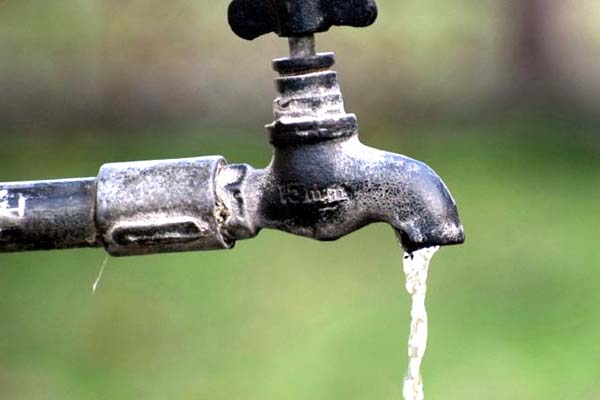For homeowners, maintaining a property’s plumbing system is essential to avoid costly repairs, ensure efficient water usage, and prevent potential health hazards. Despite its importance, plumbing maintenance is often overlooked until issues arise, which can lead to more significant problems in the long run. Regular plumbing maintenance not only extends the life of your home’s plumbing system but also saves money, conserves water, and provides peace of mind. This article explores the importance of regular plumbing maintenance and why homeowners should prioritize it.
-
Prevent Costly Repairs
One of the primary reasons for regular plumbing maintenance is to prevent expensive repairs. Small plumbing issues, such as a leaky faucet or a slow drain, may seem like minor inconveniences, but if left unattended, they can lead to more severe problems such as burst pipes or water damage. Regular inspections allow homeowners to identify and fix minor issues before they escalate.
Early Detection of Leaks
Small leaks can cause water to seep into walls and floors, leading to structural damage and mold growth. Regularly checking for leaks in pipes, faucets, and fixtures ensures that potential problems are addressed early, saving on expensive repairs down the road.
Avoid Pipe Clogs
Clogged pipes can cause significant damage to your plumbing system and lead to backups or burst pipes. Regular cleaning and inspections help prevent the buildup of debris, grease, and hair, ensuring that your plumbing system functions smoothly.
-
Enhance Water Efficiency
Water efficiency is a growing concern for homeowners as it directly impacts both the environment and utility bills. Regular plumbing maintenance can help improve water efficiency by identifying and fixing leaks, ensuring that fixtures are working correctly, and optimizing water flow.
Fixing Leaky Faucets and Toilets
A leaky faucet may waste hundreds of gallons of water over time, significantly increasing your water bill. Regular maintenance allows you to catch and repair these leaks promptly, ensuring that you’re not wasting water unnecessarily.
Installing Water-Efficient Fixtures
During regular plumbing inspections, homeowners can also consider upgrading to water-efficient fixtures, such as low-flow toilets and faucets. These fixtures reduce water consumption without sacrificing performance, making them an excellent investment for both the environment and your wallet.
-
Prolong the Lifespan of Your Plumbing System
Like any other system in your home, your plumbing needs care and attention to function properly over time. Regular maintenance ensures that your pipes, water heaters, and fixtures remain in good condition, prolonging their lifespan and delaying the need for replacements.
Maintain Water Heaters
Water heaters are essential for daily tasks like showering and cleaning, but they require regular maintenance to operate efficiently. Sediment buildup in the tank can reduce the heater’s efficiency and shorten its lifespan. Draining and flushing your water heater annually ensures that it continues to function correctly and last longer.
Preserve Pipe Integrity
Pipes are the backbone of your plumbing system, and they need regular checks for corrosion, leaks, or signs of wear and tear. Addressing these issues early helps prevent pipe bursts, which can lead to costly water damage and extensive repairs.
-
Ensure Clean Water Supply

A well-maintained plumbing system is crucial for ensuring a clean water supply to your home. Contaminants such as rust, sediment, and bacteria can accumulate in your pipes over time, affecting the quality of the water you use for drinking, cooking, and cleaning.
Regular Pipe Flushing
Flushing your pipes regularly helps to remove buildup and debris, ensuring that your water supply remains clean and safe for use. This simple maintenance task can prevent contaminants from entering your water supply and keep your household healthy.
Monitor Water Quality
Regular plumbing inspections should include checks for signs of water contamination, such as discoloration or unusual odors. Early detection allows you to address issues with your water supply before they pose a health risk to your family.
-
Prevent Health Hazards
Neglecting plumbing maintenance can lead to serious health hazards. Stagnant water, mold growth, and sewage backups are just a few issues that can result from poor plumbing maintenance, and they can pose significant risks to your health.
Mold and Mildew Prevention
Leaky pipes or persistent moisture can lead to the growth of mold and mildew, which can trigger respiratory issues and allergies. Regularly inspecting and repairing leaks ensures that these harmful substances do not accumulate in your home.
Sewage Backups
A blocked sewer line can lead to sewage backups, which are not only unpleasant but also dangerous to your health. Regular maintenance, including clearing out the main sewer line, helps prevent blockages and ensures that waste is properly disposed of.